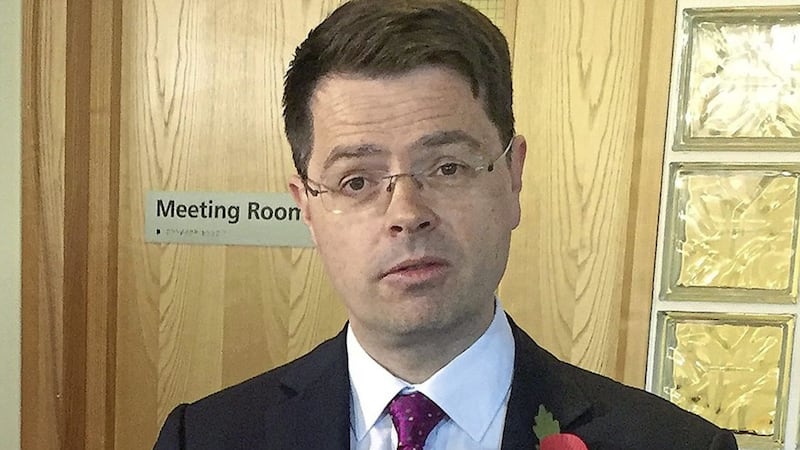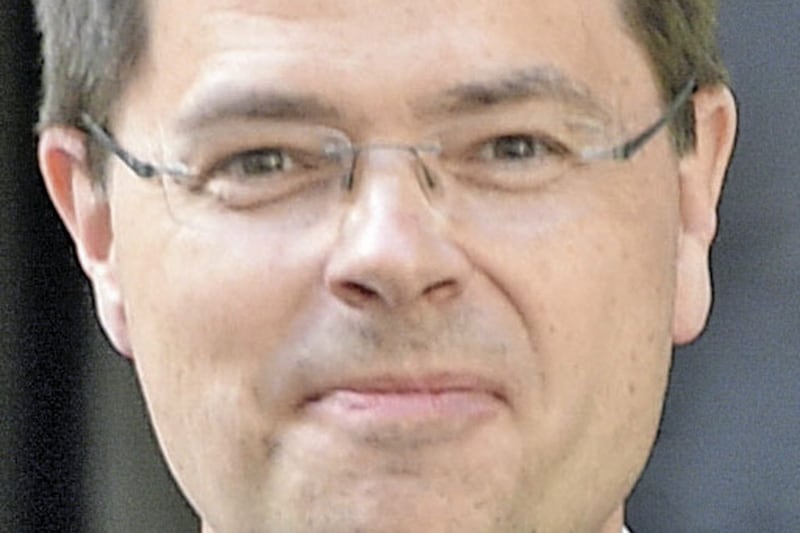LAST week marked the first anniversary of the Fresh Start agreement. It was an opportunity to reflect on the importance of the firm foundations of political cooperation for Northern Ireland's society, economy and security.
Despite some significant progress during those talks last year at Stormont House, a final agreement on the establishment of new bodies to deal with the past was not reached.
In the many meetings and informal discussions I have had with groups representing victims and survivors since taking office in July, the sense of disappointment, impatience and sometimes anger has been palpable.
It is clear to everyone that current arrangements do not serve the needs of victims and survivors, in any part of Northern Ireland society.
The interests of victims drive the priority I attach to delivering the government's manifesto commitment: to implement faithfully and fully the fair, balanced and proportionate structures for dealing with legacy issues in the Stormont House Agreement.
I am in no doubt about the challenges. We have been searching for a way forward for many years. But the longer sustainable structures are on hold, the greater the obstacles will become, in my view, to greater security, better community relations and a genuinely shared future for Northern Ireland.
PSNI Chief Constable George Hamilton said recently that the failure to deal with the past is connected to the erosion of community confidence in policing.
He said that without resolution, "these issues continue to be left at the door of policing and the broader criminal justice system. They sap community confidence and drain budgets."
The Lord Chief Justice warned about the challenge in addressing the significant backlog of legacy inquests.
Those members of the security forces and their relatives who are involved in a disproportionate number of investigations in Northern Ireland also deserve better.
Everyone in Northern Ireland has a stake in making these institutions work.
So where do we go from here?
The UK government will continue to engage with victims' groups, political parties and the Executive to build the necessary political consensus to get the Stormont House legacy institutions up and running.
Progress is being made which will lead to a public phase to seek wider views and help build confidence in the new institutions.
But success or failure does not rest on the UK Government alone. It will not hinge on a national security `veto'. That simplistic characterisation fails to recognise that the UK government has agreed to disclose all relevant material it holds to the Historical Investigation Unit, with appropriate, independent oversight of its onward transmission to ensure lives are protected today.
If this process is to succeed the Northern Ireland Executive and Northern Ireland's political parties must play their part too.
I am confident they will. Detailed work continues to establish new bodies that command support and confidence, as we seek to build a Northern Ireland that works for everyone.








